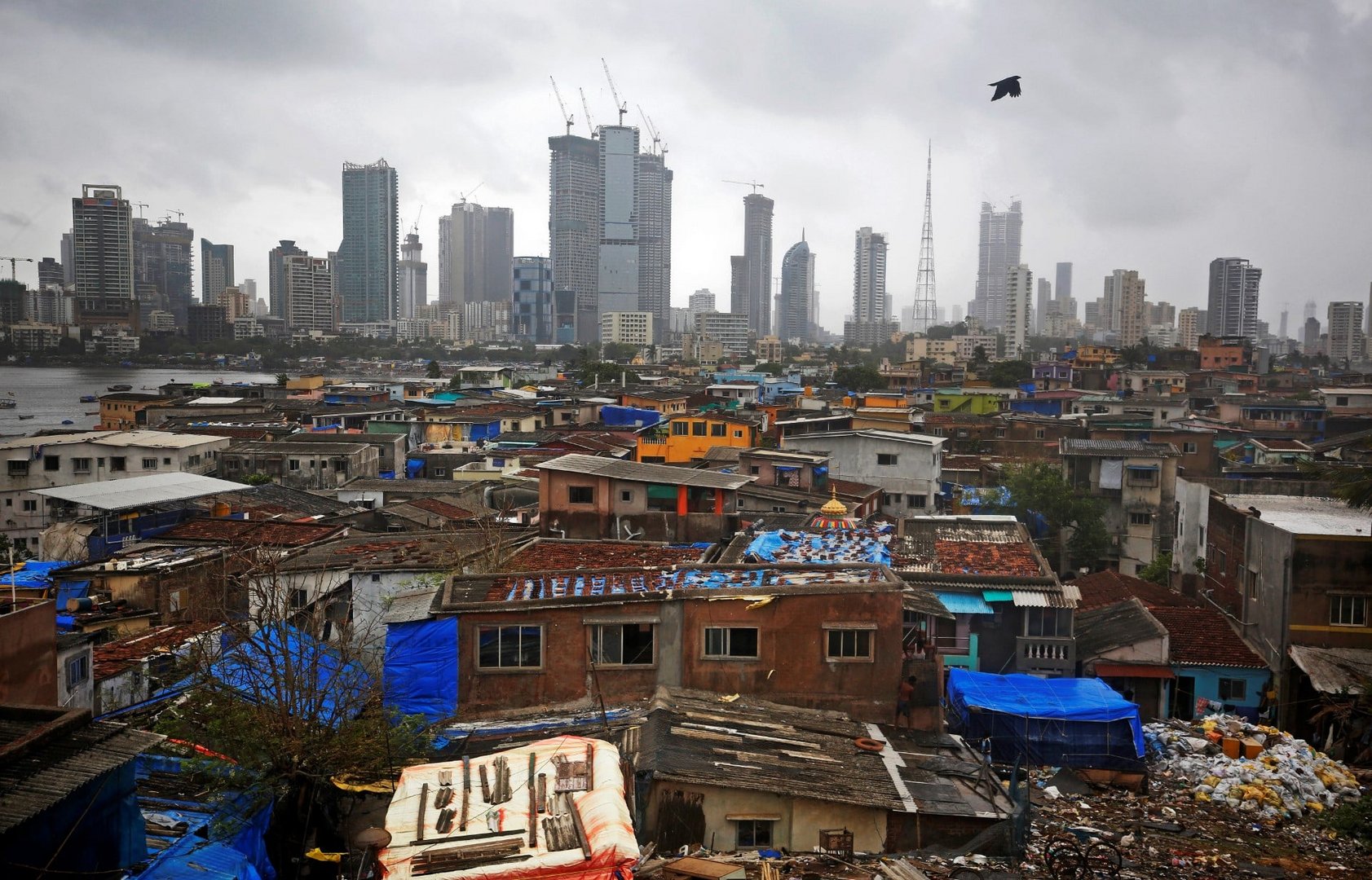By Andreas Charalambous and Omiros Pissarides
In recent years, India has experienced strong economic growth. In 2023, its GDP grew by about 6.5 per cent and a similar performance is expected in 2024. At this rate, India is anticipated to become the third largest economy on the planet by 2030.
It is noteworthy that the Indian GDP has almost doubled since 2014, when the current Prime Minister Narendra Modi was elected. GDP per capita is also expected to double, a feat which is not unremarkable considering that India’s population has already surpassed that of China’s with about 1.45 billion inhabitants.
Unemployment has fallen significantly since the high of 10 per cent in 2020 and is on a downward trend. At the same time, inflation appears to fluctuate at manageable levels, around 5.7 per cent in 2023, while a budget surplus was recorded.
There are multiple factors which contribute to the upward trajectory of the Indian economy but there appear to be two primary reasons.
Firstly, several government reforms have played a catalytic role e.g. the simplification of tax laws, a stronger degree of supervision in cases of bankruptcy and a favourable policy framework for foreign investors.
Further, in an explicit effort to improve the country’s infrastructure while further stimulating the economy, the Modi government has announced $1.4 trillion in multiple investment projects.
At the same time, the government appears to recognise the pivotal importance of green transition, having set, among other targets, 70 per cent of new two-wheeler sales in the country to be electric by 2025.
Second, the consistent pursuit of a prudent policy has allowed the Central Bank of India to accumulate reserves in excess of $600 billion. In return, this allowed the country’s Central Bank to intervene vigorously in defence of the national currency, the rupee. As a result, the rupee proved resilient, losing less than 1 per cent against the dollar in 2023.
However, the Indian economy still faces significant challenges such as: (a) excessive government bureaucracy, (b) deteriorating bank asset quality, (c) public finance imbalances, (d) relatively low female employment rate, ( e) delays in reforming the sizeable agricultural sector which, combined with the intensity of adverse weather conditions (for example monsoons), is expected to lead to increases in food prices, (f) disruptions in energy supply, and (g) recessionary trends in major economies, which may affect India’s exports.
Despite the challenges, 2024 is expected to be a positive year for India. The IMF predicts that it will be one of the fastest growing economies, with a GDP of around $4 trillion. Stock indices signify encouraging developments in the real economy: in 2023, the MSCI India index rose by more than 8 per cent, boosted by investors’ willingness to reduce their exposure to China.
It is worth citing that the US and India signed a number of trade agreements during the sidelines of the G20 summit held in New Delhi last September, while a number of corporations appear to be lured into the country, not least because of its massive human capital potential (80 per cent of India’s population is less than 50 years old, while more than 1 million undergraduate students are enrolled in computer engineering courses) and its corresponding production capacity. Indicatively, Foxconn announced that it would invest more than $1.5 billion in new facilities in India.
The Modi government is expected to prevail in the next election as well, despite criticism of its harsh treatment of minorities. Many observers believe that, in the coming years, India will emerge geopolitically as a global powerhouse, competing on an equal footing with China.
Andreas Charalambous and Omiros Pissarides are economists








Click here to change your cookie preferences